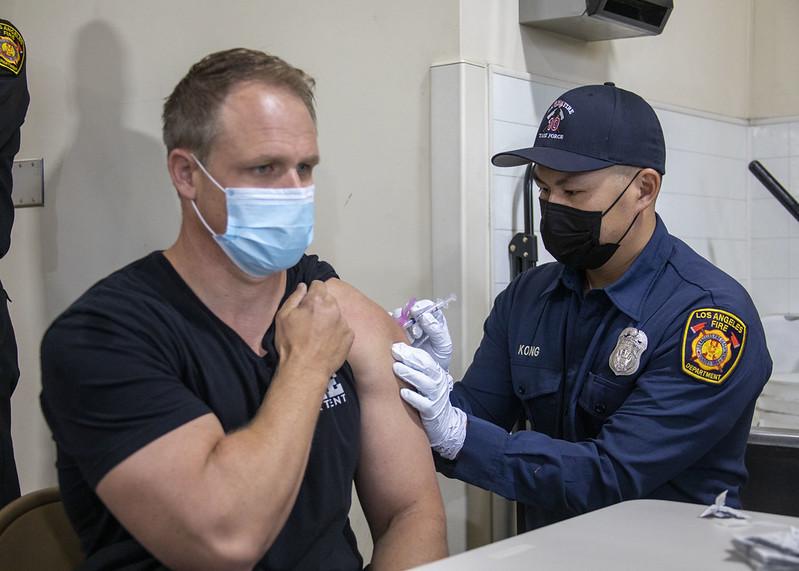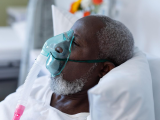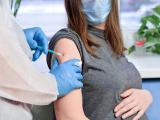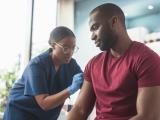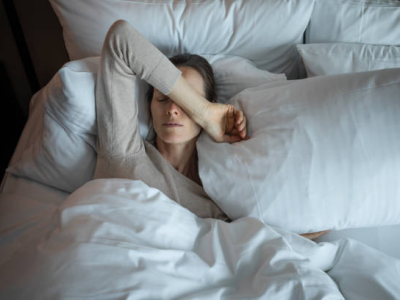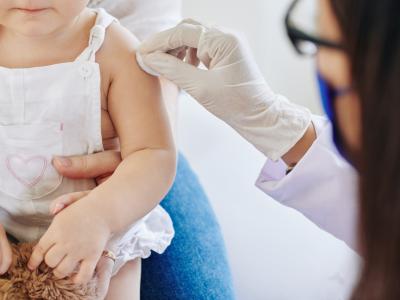Pledging a more aggressive effort once he's in office, President-elect Joe Biden today took aim at the slow rollout of COVID-19 vaccines in the United States, which reported its first confirmed United Kingdom variant case today.
The two developments come as the nation braces for a post-holiday surge, alongside fears that the more transmissible UK variant could make matters worse.
Vaccination push falling behind
"As I long feared and warned, the effort to distribute and administer the vaccine is not progressing as it should," Biden, who takes office in 23 days, said in a speech in Wilmington, Del.
The President-elect noted that despite recent projections from the Trump administration that as many 20 million Americans could be vaccinated by the end of the month, the effort is falling "far behind." Although the Centers for Disease Control and Prevention officials say the numbers are likely an underestimate due to reporting delays, only 2.1 million of the 11.4 million vaccine doses distributed by Operation Warp Speed have been administered to date, according to the CDC COVID Data Tracker.
Another 15.8 million doses of the Moderna and Pfizer-BioNTech vaccines are set to ship this week, but the goal of getting 20 million "shots in arms" by the end of December appears unlikely.
"With only a few days left in December we've only vaccinated a few million so far," Biden said, adding that if the vaccination program continues at its current pace, it will take "years, not months" to vaccinate the American people against the coronavirus.
Saying that his administration will spare no effort to make sure Americans get vaccinated, Biden reiterated his pledge to get 100 million shots administered in the first 100 days of his administration. He said that will mean ramping up the speed of the vaccination program to five to six times the current pace.
"I've directed my team to prepare a much more aggressive effort, with more federal involvement and leadership to get things back on track," Biden said. "This is going to be the greatest operational challenge we've ever faced as a nation, but we're going to get it done."
Biden also said he would use the Defense Production Act to accelerate the manufacturing of materials needed for vaccines, work with state and local officials to set up mobile vaccination units in hard-to-reach communities, ensure equitable distribution of the vaccine, and launch a massive public education campaign to increase vaccine acceptance, with a focus on vaccine-hesitant groups.
"We'll do everything we can to show vaccines are safe, and critically important for one's own health, and that of their families and their communities," Biden said.
Vice President-elect receives vaccine
Earlier in the day, Vice President-elect Kamala Harris received her first dose of the COVID-19 vaccine.
Harris received a shot of the Moderna vaccine at United Medical Center in Washington, DC, a week after Biden received his first vaccine dose. Both events were televised.
"I urge everyone, when it is your turn, get vaccinated," Harris told reporters after getting the shot. "It's about saving your life, the life of your family members, and the life of your community."
In addition to being slower than anticipated, healthcare workers tell NPR that vaccine distribution at some hospitals has been disorganized and unfair. Doctors and nurses with the most exposure to COVID-19 patients say they've been unable to schedule appointments to get vaccinated, while hospital administrators and colleagues who aren't caring for COVID-19 patients get first access.
While the limited initial doses of the vaccine have been reserved mainly for healthcare workers and nursing home residents, the two groups given highest priority by the CDC's Advisory Committee on Immunization Practice (ACIP), some states are already expanding the list of who can get immunized right away. Last week, the governors of Florida and Texas issued executive orders allowing the vaccines to also be distributed to people 65 and older, even though ACIP has recommended that those over 75 and frontline essential workers should be in the second tier.
In Florida's Lee County, distribution to those over 65 began yesterday, with seniors lining up overnight at three sites where staff members from the Department of Health of Lee County were offering shots on a first-come, first-served basis. The three sites reached full capacity at 7am this morning, according to the Naples Daily News.
First US case of coronavirus variant identified
Late this afternoon, Colorado Governor Jared Polis and state health officials announced that the Colorado State Laboratory detected the first case of the B.1.1.7 variant of the coronavirus in the United States. The variant, first identified in the UK 2 weeks ago, contains multiple mutations and is estimated to be up to 70% more transmissible. UK scientists are trying to determine if it causes more severe disease or reduces the efficacy of COVID-19 vaccines.
The variant was detected in a male in his 20s with no travel history, suggesting that the virus is already spreading locally. The man is currently in isolation.
"There is a lot we don't know about this new COVID-19 variant, but scientists in the United Kingdom are warning the world that it is significantly more contagious," Polis said in a press release. "The health and safety of Coloradans is our top priority and we will closely monitor this case, as well as all COVID-19 indicators, very closely."
Former CDC Director Tom Frieden, MD, said today on Twitter that the arrival of the variant and its community spread were inevitable, but concerning. He added that the implications aren't yet clear.
Because there has been little genomic sequencing of SARS-CoV-2 viruses in the United States, it's unknown how many other Americans may have the variant. In an effort to prevent it from spreading in the United States, the CDC this week required all people flying here from the United Kingdom to have negative COVID-19 tests at least 72 hours before flying.
In other US developments:
- California yesterday set another new record for new coronavirus infections in a single day, with 66,811, according to the Los Angeles Times. State health officials today extended the state's stay-at-home order, which began on Dec 3, for two regions—Southern California and the San Joaquin Valley—where intensive care unit capacity is strained, according to CNBC.
- Texas is reporting a record number of people being hospitalized for COVID-19, according to the Texas Tribune. The 11,351 Texans being treated for COVID-19 in the state's hospitals surpasses the previous highs reported in July.
- There have been 19,468,771 COVID-19 infections in the United States since the pandemic began, and 337,210 deaths, according to the Johns Hopkins COVID-19 dashboard.
